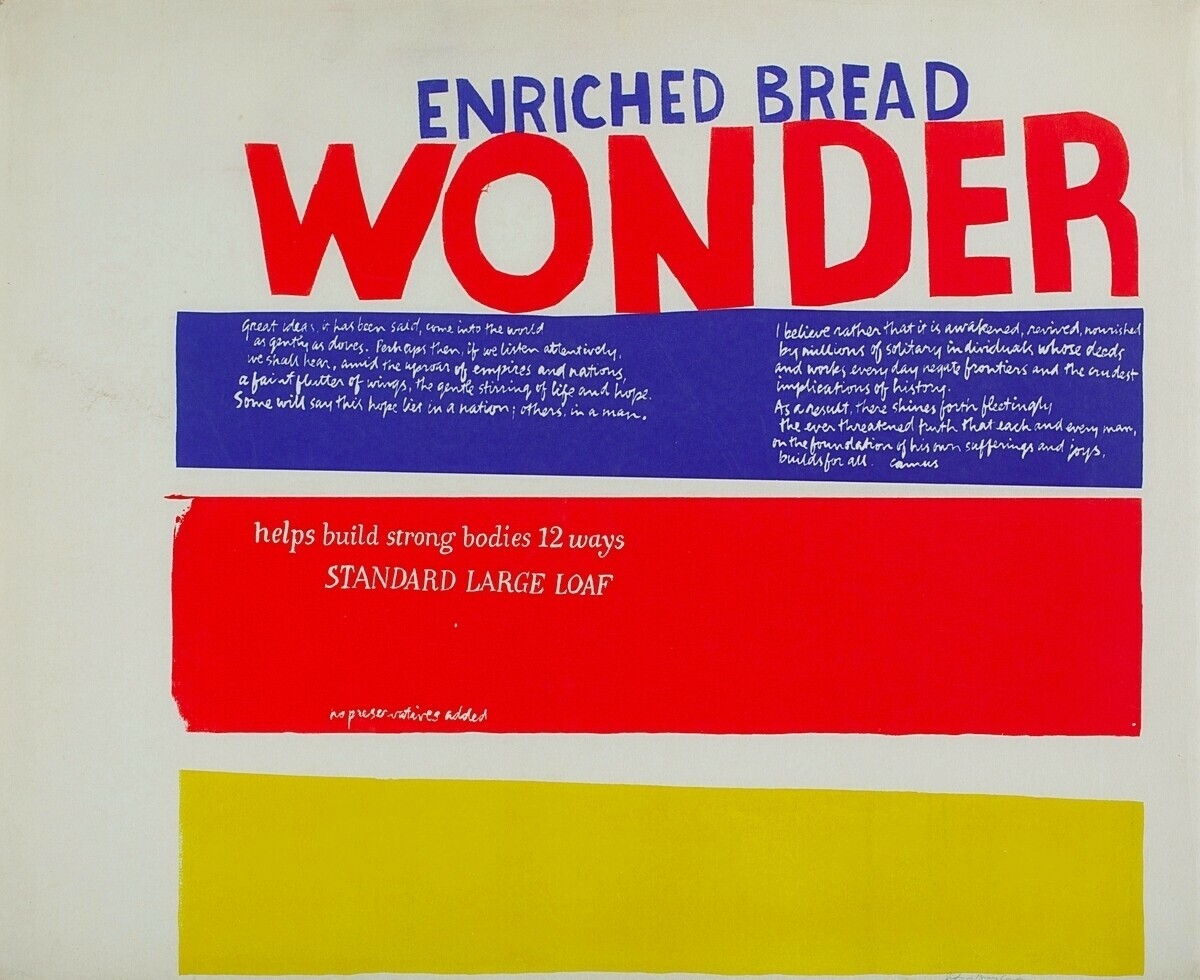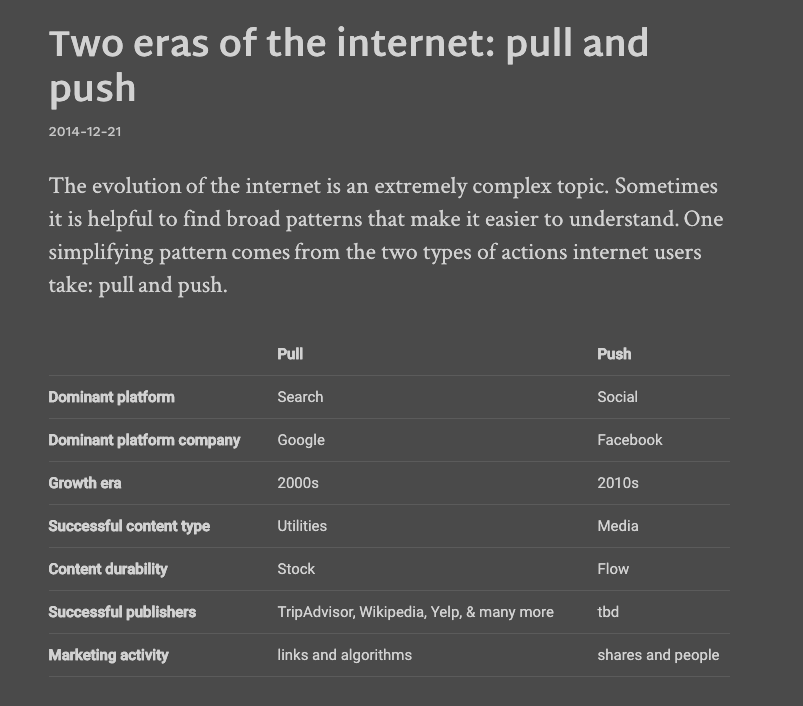Logos and Writing
After listening to a reading of Mark Sebanc’s article on the Logos in Tolkien on Mars Hill Audio, I set to some reseach on the author. Alongside a brief interview, I found a blog of his centered around his sci-fi series which he coauthors with a friend. With promo and process blogs, Sebanc also includes some personal notes on the work of writing. I enjoyed this post on the “ten commandments of writing” from John C. Wright. Here are rules one and seven which I found helpful.
In order to be a writer, you must write.
If your manuscript is good or bad, send out your manuscript again. Genius does not count. Only persistence counts. The world will not recognize your genius until after you are dead. But the world can recognize your persistence now.
To reinterpret into Austin Kleon’s (Kleonees) jargon:
- Forget the noun, do the verb
- There is no genius, there is social genius that abides thru the persistance of individuals in community.

